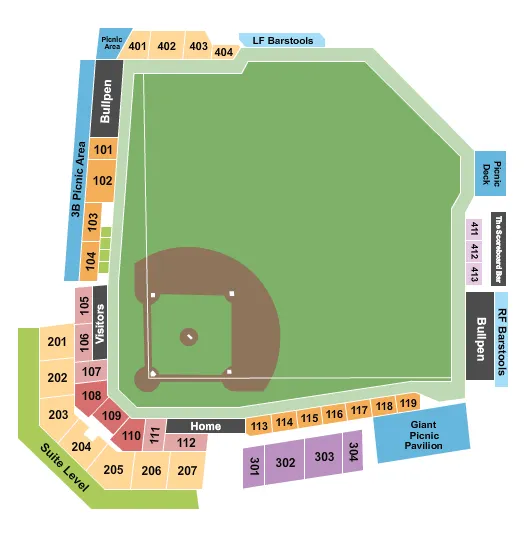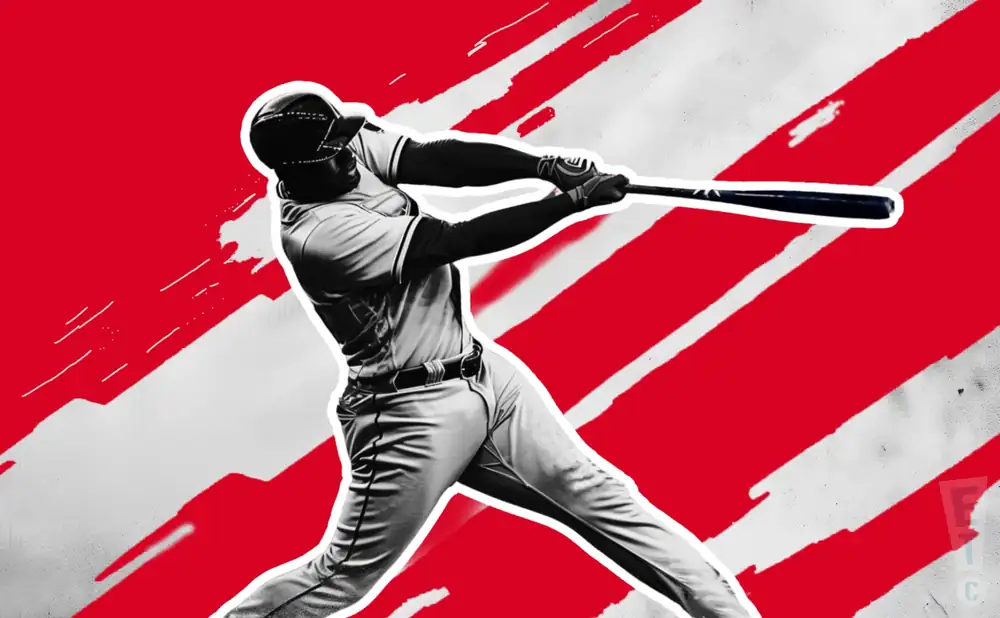Harrisburg Senators 2024 Schedule and Tickets



The Harrisburg Senators are one of the most storied franchises in the history of Minor League Baseball. Their roots trace back to 1987, when they were resurrected as a Double-A affiliate of the Pittsburgh Pirates. The team has since been affiliated with the Montreal Expos, and, since 2005, the Washington Nationals.
The Senators call FNB Field home, a spectacular stadium located on City Island in the heart of Harrisburg, Pennsylvania. FNB Field is renowned for its unique location, providing fans with picturesque views of the Susquehanna River and the Harrisburg skyline. The field has a seating capacity of 6,187 and offers an intimate baseball experience that is uniquely Minor League.
In terms of playoff history, the Senators have demonstrated a resilient spirit. They have clinched the Eastern League Championship six times, a record in the league. Their most recent championship came in 1999, but the team continues to make regular appearances in the playoffs, showcasing an enduring competitive spirit.
Rivalries are an integral part of any sport, and in the case of the Senators, their most notable rivalry is with the Reading Fightin Phils. These two Pennsylvania-based teams have a long history of intense games and playoff battles, contributing to the rich tapestry of the Eastern League.
Before they were known as the Senators, the franchise held several different names. From 1924 to 1935, they were known as the Harrisburg Senators and then rebranded as the Harrisburg Giants from 1940 to 1952. Interestingly, in the 1950s, the team was briefly known as the Harrisburg Indians.
Perhaps one of the most fascinating aspects of the Senators' history is their role as a stepping stone for several notable Major League players. Hall of Famers Vladimir Guerrero and Cliff Lee, as well as stars like Bryce Harper and Stephen Strasburg, have all worn a Senators uniform on their journey to the big leagues.
The Harrisburg Senators, with their rich history, exciting rivalries, and picturesque ballpark, truly represent the charm and competitiveness of Minor League Baseball. As they continue to contribute to the development of future Major League stars, their legacy in the sport is undoubtedly secure.